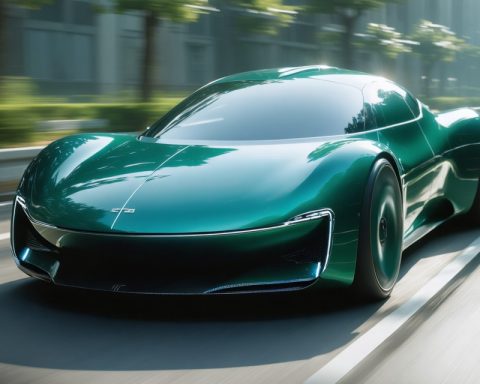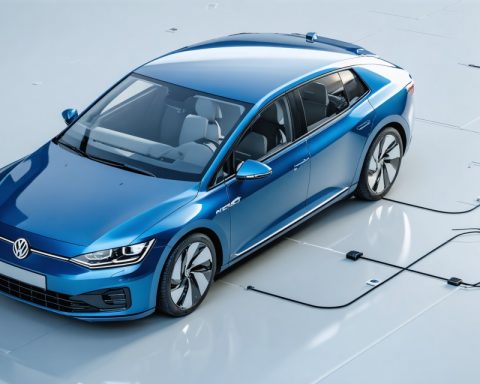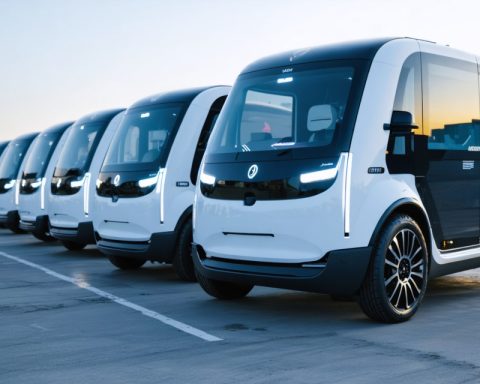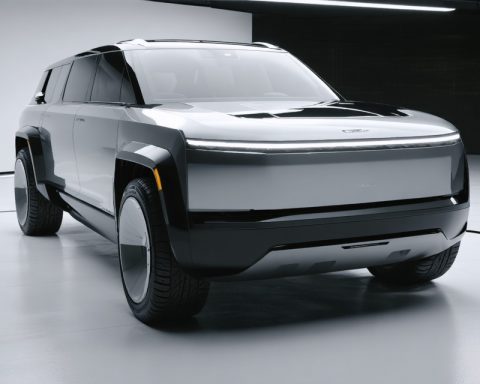Electric Vehicles
Electric vehicles (EVs) are automobiles that are powered entirely or partially by electricity. Unlike traditional vehicles that rely on internal combustion engines fueled by gasoline or diesel, electric vehicles utilize electric motors powered by rechargeable battery packs. EVs can be fully electric, meaning they run solely on electricity, or they can be hybrids, combining an electric motor with a conventional engine to enhance fuel efficiency and reduce reliance on fossil fuels.Electric vehicles are known for their lower emissions compared to conventional vehicles, as they produce little to no tailpipe emissions. They can be charged at home or at public charging stations, and advancements in battery technology are continually improving their range and performance. The shift towards electric vehicles is part of a broader movement to reduce carbon footprints, combat climate change, and promote sustainable transportation solutions.Key characteristics of electric vehicles include their quiet operation, instant torque for acceleration, and the integration of technology for enhanced driving experiences. As the automotive industry evolves, electric vehicles are increasingly seen as a viable alternative to traditional vehicles, with growing support from governments and manufacturers around the world.










